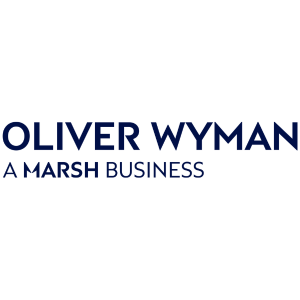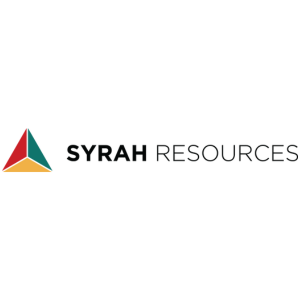The Minerals Council South Africa today commemorated the National Day of Health and Safety in Mining 2021, an event that underpins and supports the Khumbul’ekhaya Health & Safety Strategy.
This year’s event is centred on a theme of Renewed Focus for our New Normal, which recognises the integration of health, safety and wellbeing, acknowledging the regression in fatalities in 2020 compared with 2019, the impacts of COVID-19 and the consequent behaviour changes needed.
Roger Baxter, CEO of the Minerals Council noted: “The history of this day is rooted in our Khumbul’ekhaya campaign initiated to remind us all, and particularly the leadership of our industry, of the need to maintain an intense focus on the safety and health of our industry’s employees. Any measure of the effectiveness and progress of our industry must look first at progress towards ensuring that every employee returns home as healthily and safely as they left home to head for their workplace.
“The last 18 months have confronted us with an additional and most profound health challenge. I would like to thank everyone present for the remarkable role you have all played in optimising lives and livelihoods – government, organised labour and industry. Together, we have as an industry done a remarkable job of working together to protect our employees from the ravages of COVID-19 as far as this has been possible – working hard to save lives and livelihoods. And we will continue with this. But, the way forward for us, as an industry and a country, is to achieve community immunity through vaccination.”
In her address, Nolitha Fakude, President of the Minerals Council noted: “COVID has been a part of our lives for close on 18 months now, with its impacts on health, safety and well-being. And it is not going to leave us for some time to come. We saw in 2020 a deterioration in mining’s safety performance in terms of fatalities. Worse still, thus far in 2021, we are seeing a further deterioration in the fatality trend. This is not acceptable to us, as the Minerals Council and the industry. For all these reasons, our CEO Zero Harm Forum has decided that the theme for today, and for the year ahead, should be: Renewed Focus for our New Normal.”
Chief Inspector of Mines David Msiza commended the Minerals Council’s initiative to hold the event in that it gives all stakeholders “the opportunity to reflect on health and safety issues. It was important that we worked together in dealing with COVID. We have made a huge difference. I commend all of us – government, industry and organised labour for our efforts,” he said.
He said that mine health and safety continues to be a government priority. “We are intent on working to implement a culture of zero harm. We still believe zero harm is possible,” he added.
Assessing the past year, Mr Msiza said he was pleased at the reduction in occupational diseases. But the incidence of noise-induced hearing loss and occupational lung disease is still a concern. There has been a 26% reduction in injuries. However, 60 fatalities, an increase on the 51 in 2019, was very disappointing, he said.
AMCU Health and Safety chair Gabriel Nkosi reaffirmed AMCU’s commitment to the Mine Health and Safety Council safety milestones. He said it was time to reinforce training of safety representatives. He said he was delighted with the performance of the Masoyise health programme’s efforts to reduce the incidence of TB and other diseases.
However, he added: “COVID-19 has interfered with efforts to address incidence of fatalities. It worries us that the 60 lives lost in 2020 are higher than the 51 lives lost in 2019. Operational discipline is a big concern.” On COVID, he added: “Let us adhere to non-pharmaceutical interventions until all mineworkers are vaccinated.”
NUM National Health and Safety head Mziwakhe Nhlapo spoke of the importance of culture transformation in respect of health and safety, including the issues of risk management, diversity management and building capacity for training. “Culture transformation needs to be our bible. Traction needs to be re-established having been somewhat lost recently,” he said.
Mr Nhlapo applauded the Minerals Council for setting up the event. He urged all parties to continue to engage in order to find solutions.
Solidarity Deputy General Secretary, Paul Mardon commented: “Underpinning this recommitment to health and safety is our honest belief that health and safety at work is the foundation of the sustainability of mining in South Africa. In the long run, only safe production is sustainable.
“Solidary regards this event as evidence of the Minerals Council’s leadership and we commend them for it. But we also want to recognise the leadership shown by trade unions in mining and the DMRE with regard to health and safety.”
UASA Divisional Manager Franz Stehring said he hoped the day would lead to “a major paradigm shift from reactive health and safety strategies and attitudes towards a behavioural-based proactive culture among management and employees in the mining industry.
“It is important to remember that health and safety can only be attained through teamwork, healthy employer and employee relations in the workplace, total commitment and, most importantly, by changing the behaviour of people to benefit themselves,” he added.
Speaking in conclusion, Themba Mkhwanazi, Chair of CEO Zero Harm Forum said:
“We remain committed to our Khumbul’ekhaya strategy and the key leadership actions we are undertaking as part of our drive to eliminate fatalities, change behaviour and transform our safety culture, through ongoing collaboration with our tripartite stakeholders in government and unions, in our quest for Zero Harm.”
For further queries:
Charmane Russell
Mobile: +27 (0) 82 372 5816
Email: [email protected]
Memory Johnstone
Mobile: +27 (0) 82 719 3081
Email: [email protected]
Alan Fine
Mobile: +27 (0) 83 250 0757
Email: [email protected]
Web: www.mineralscouncil.org.za
Roger Baxter, CEO of the Minerals Council noted: “The history of this day is rooted in our Khumbul’ekhaya campaign initiated to remind us all, and particularly the leadership of our industry, of the need to maintain an intense focus on the safety and health of our industry’s employees. Any measure of the effectiveness and progress of our industry must look first at progress towards ensuring that every employee returns home as healthily and safely as they left home to head for their workplace.
“The last 18 months have confronted us with an additional and most profound health challenge. I would like to thank everyone present for the remarkable role you have all played in optimising lives and livelihoods – government, organised labour and industry. Together, we have as an industry done a remarkable job of working together to protect our employees from the ravages of COVID-19 as far as this has been possible – working hard to save lives and livelihoods. And we will continue with this. But, the way forward for us, as an industry and a country, is to achieve community immunity through vaccination.”
In her address, Nolitha Fakude, President of the Minerals Council noted: “COVID has been a part of our lives for close on 18 months now, with its impacts on health, safety and well-being. And it is not going to leave us for some time to come. We saw in 2020 a deterioration in mining’s safety performance in terms of fatalities. Worse still, thus far in 2021, we are seeing a further deterioration in the fatality trend. This is not acceptable to us, as the Minerals Council and the industry. For all these reasons, our CEO Zero Harm Forum has decided that the theme for today, and for the year ahead, should be: Renewed Focus for our New Normal.”
Chief Inspector of Mines David Msiza commended the Minerals Council’s initiative to hold the event in that it gives all stakeholders “the opportunity to reflect on health and safety issues. It was important that we worked together in dealing with COVID. We have made a huge difference. I commend all of us – government, industry and organised labour for our efforts,” he said.
He said that mine health and safety continues to be a government priority. “We are intent on working to implement a culture of zero harm. We still believe zero harm is possible,” he added.
Assessing the past year, Mr Msiza said he was pleased at the reduction in occupational diseases. But the incidence of noise-induced hearing loss and occupational lung disease is still a concern. There has been a 26% reduction in injuries. However, 60 fatalities, an increase on the 51 in 2019, was very disappointing, he said.
AMCU Health and Safety chair Gabriel Nkosi reaffirmed AMCU’s commitment to the Mine Health and Safety Council safety milestones. He said it was time to reinforce training of safety representatives. He said he was delighted with the performance of the Masoyise health programme’s efforts to reduce the incidence of TB and other diseases.
However, he added: “COVID-19 has interfered with efforts to address incidence of fatalities. It worries us that the 60 lives lost in 2020 are higher than the 51 lives lost in 2019. Operational discipline is a big concern.” On COVID, he added: “Let us adhere to non-pharmaceutical interventions until all mineworkers are vaccinated.”
NUM National Health and Safety head Mziwakhe Nhlapo spoke of the importance of culture transformation in respect of health and safety, including the issues of risk management, diversity management and building capacity for training. “Culture transformation needs to be our bible. Traction needs to be re-established having been somewhat lost recently,” he said.
Mr Nhlapo applauded the Minerals Council for setting up the event. He urged all parties to continue to engage in order to find solutions.
Solidarity Deputy General Secretary, Paul Mardon commented: “Underpinning this recommitment to health and safety is our honest belief that health and safety at work is the foundation of the sustainability of mining in South Africa. In the long run, only safe production is sustainable.
“Solidary regards this event as evidence of the Minerals Council’s leadership and we commend them for it. But we also want to recognise the leadership shown by trade unions in mining and the DMRE with regard to health and safety.”
UASA Divisional Manager Franz Stehring said he hoped the day would lead to “a major paradigm shift from reactive health and safety strategies and attitudes towards a behavioural-based proactive culture among management and employees in the mining industry.
“It is important to remember that health and safety can only be attained through teamwork, healthy employer and employee relations in the workplace, total commitment and, most importantly, by changing the behaviour of people to benefit themselves,” he added.
Speaking in conclusion, Themba Mkhwanazi, Chair of CEO Zero Harm Forum said:
“We remain committed to our Khumbul’ekhaya strategy and the key leadership actions we are undertaking as part of our drive to eliminate fatalities, change behaviour and transform our safety culture, through ongoing collaboration with our tripartite stakeholders in government and unions, in our quest for Zero Harm.”
For further queries:
Charmane Russell
Mobile: +27 (0) 82 372 5816
Email: [email protected]
Memory Johnstone
Mobile: +27 (0) 82 719 3081
Email: [email protected]
Alan Fine
Mobile: +27 (0) 83 250 0757
Email: [email protected]
Web: www.mineralscouncil.org.za
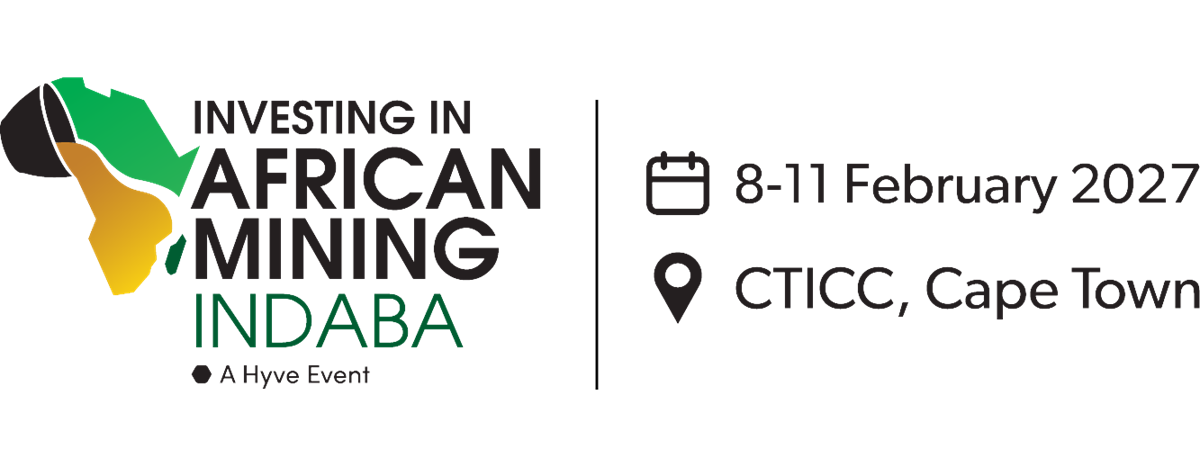

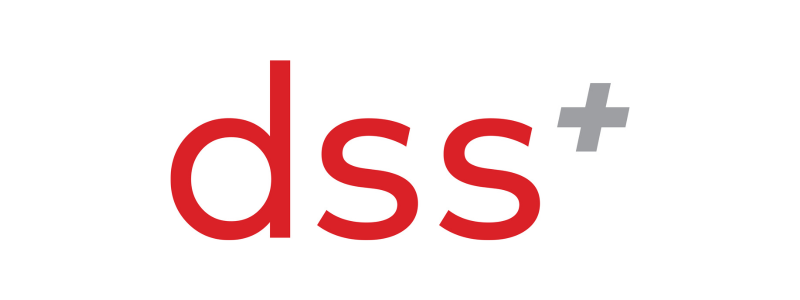


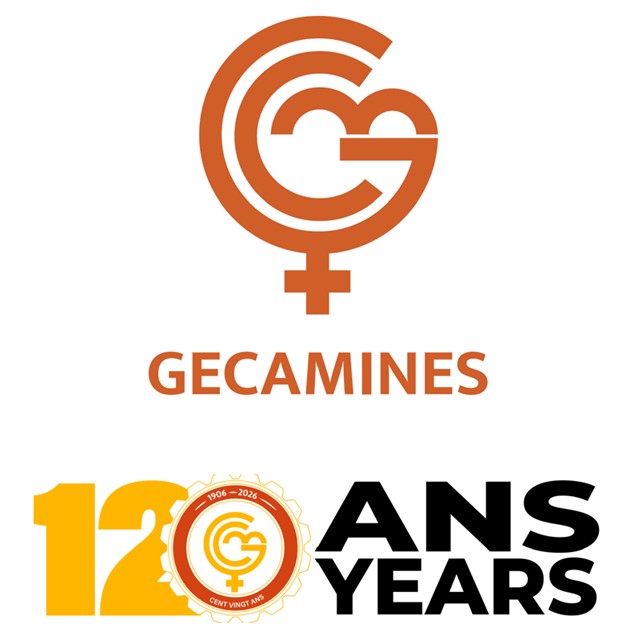
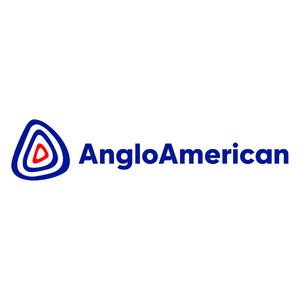
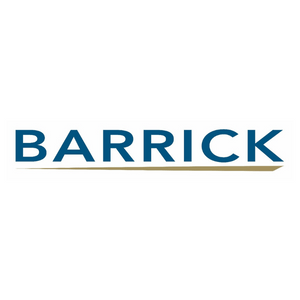
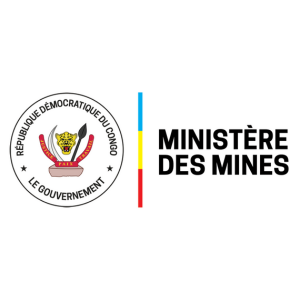

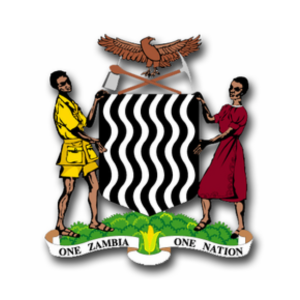

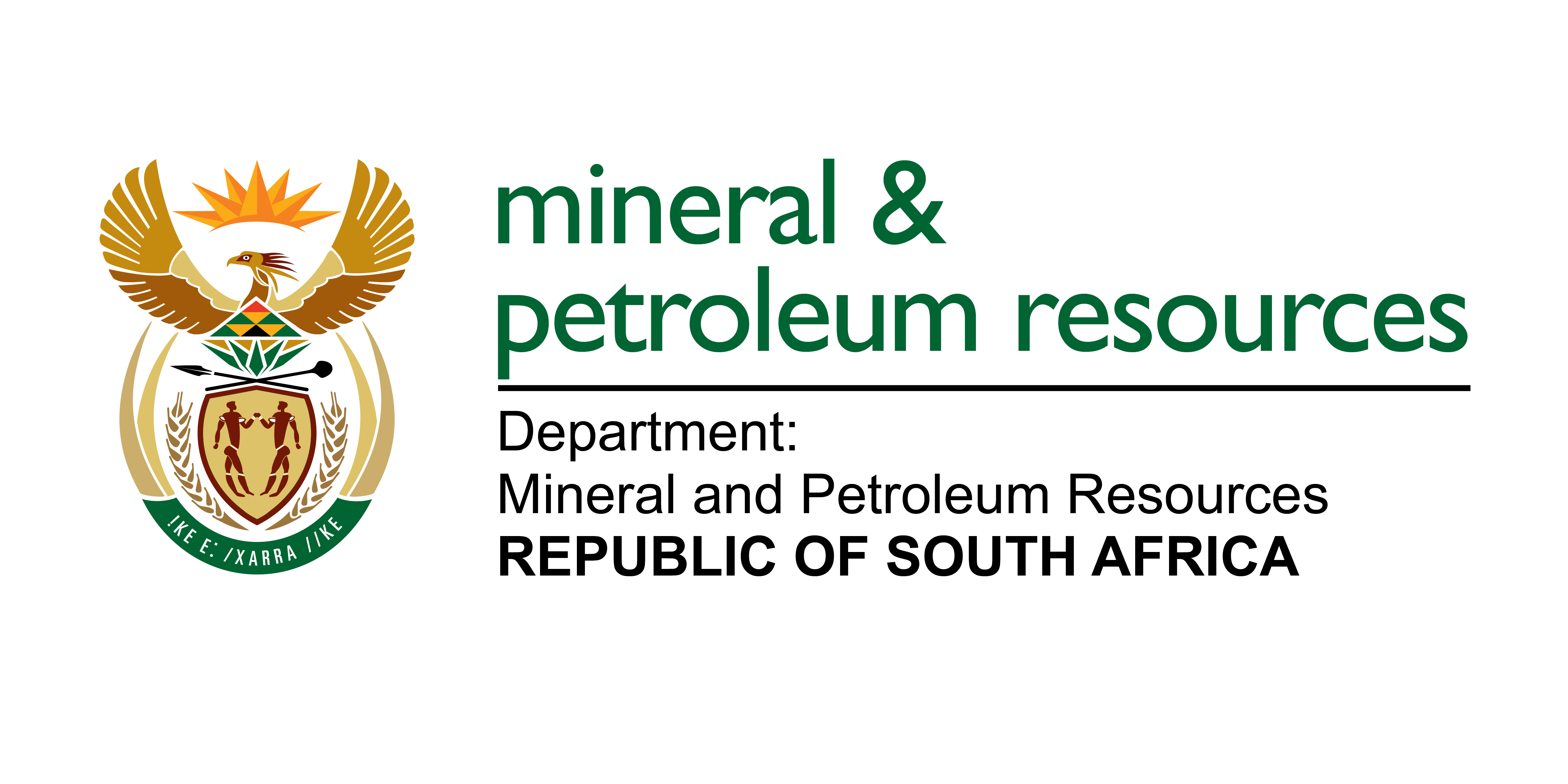-Logo_CMYK_1.jpg?width=1000&height=500&ext=.jpg)
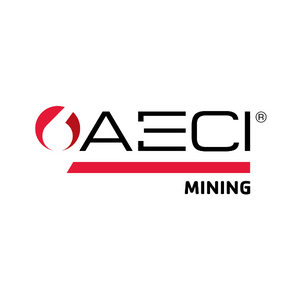
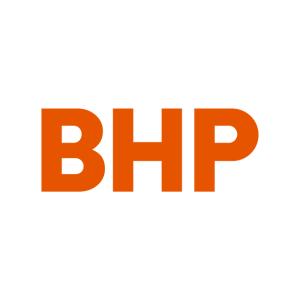
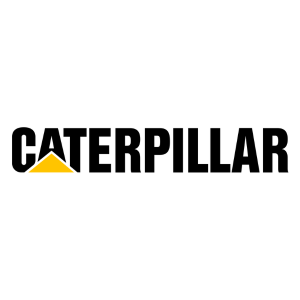

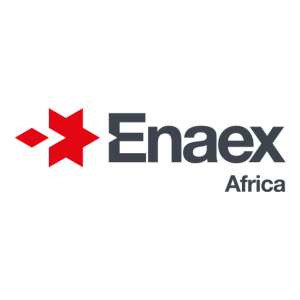


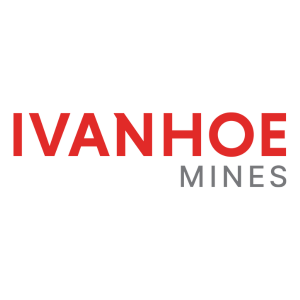
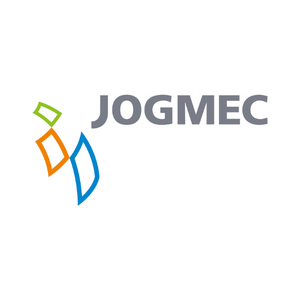
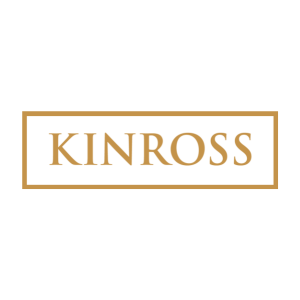
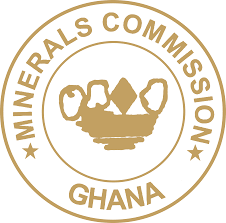
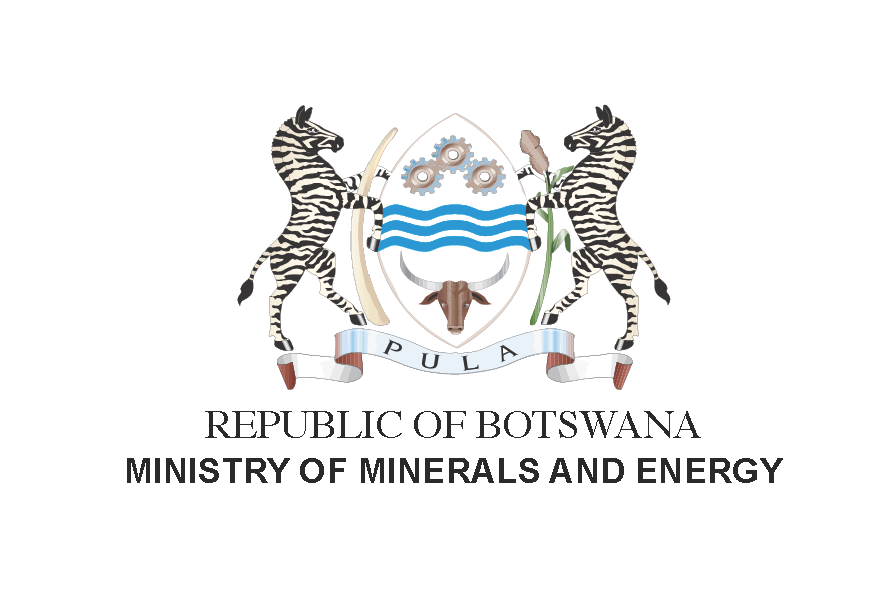.png?width=300&height=208&ext=.png)
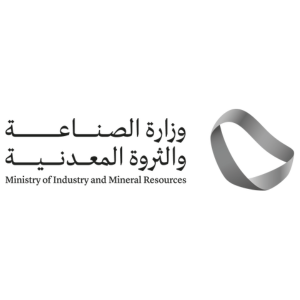
_mi25-weblogo.png?ext=.png)
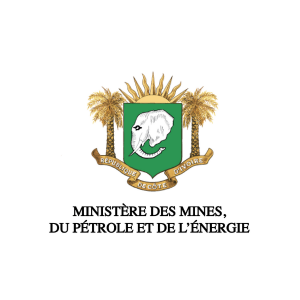
_1.png?ext=.png)


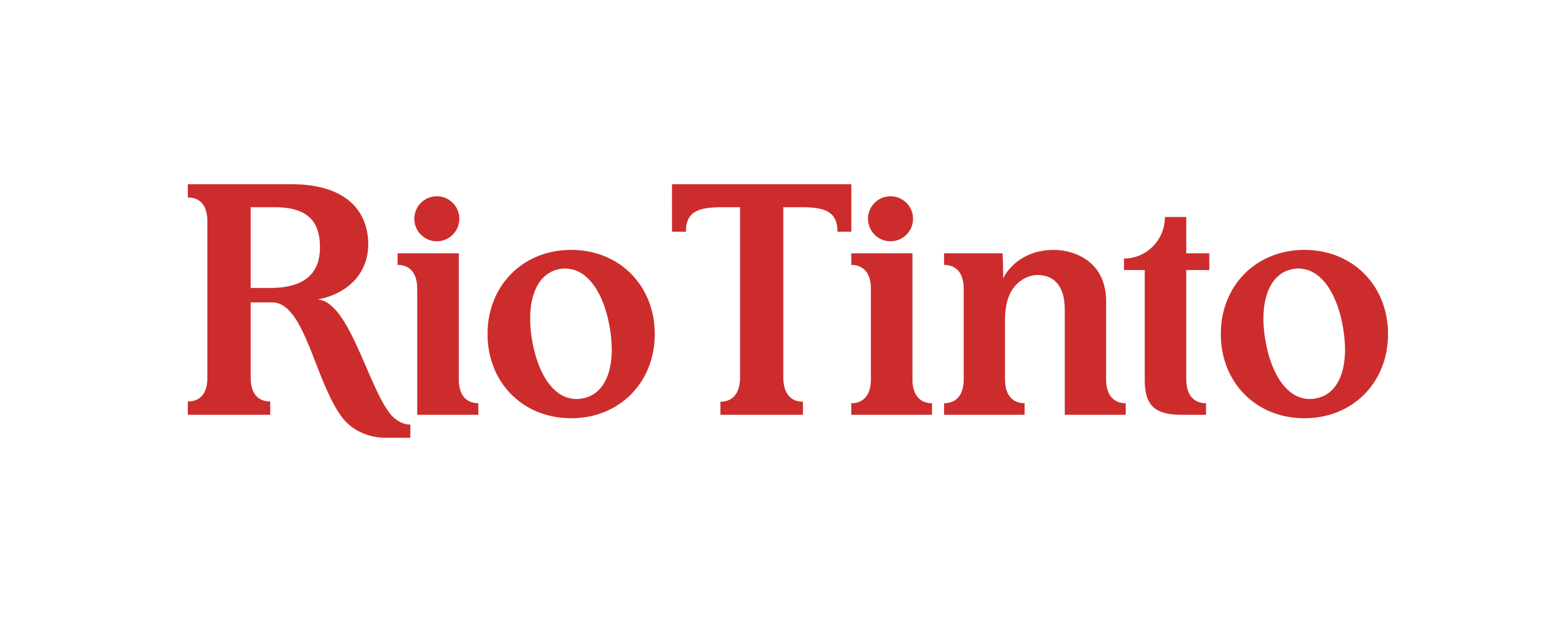

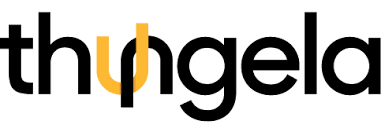

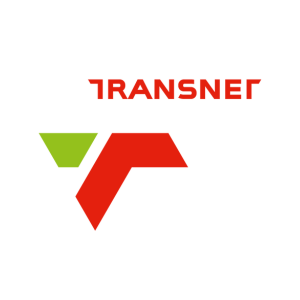
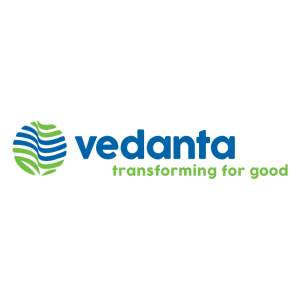

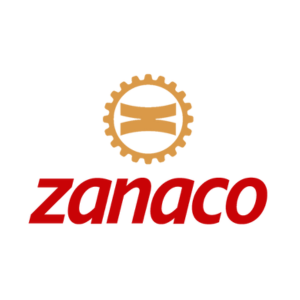

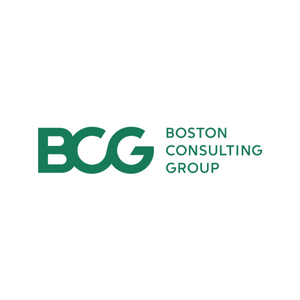
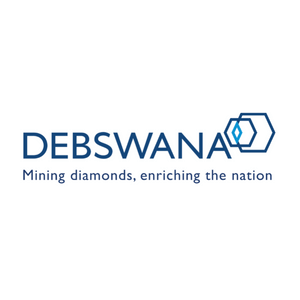






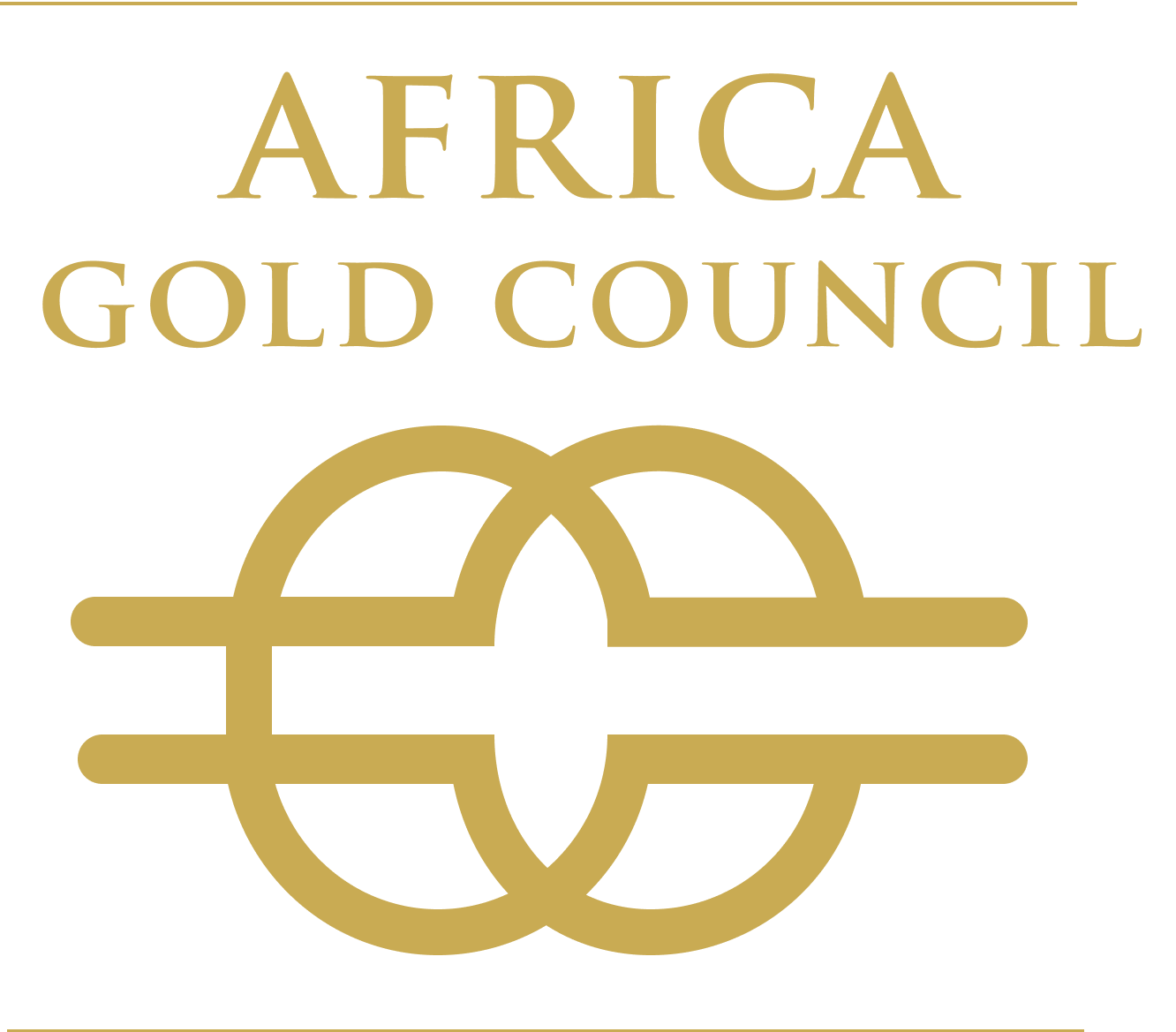

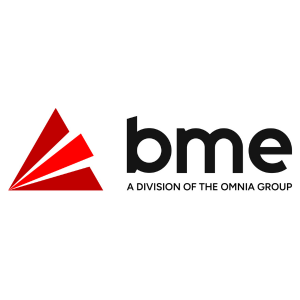


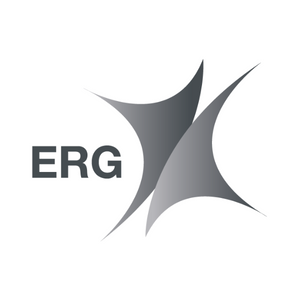





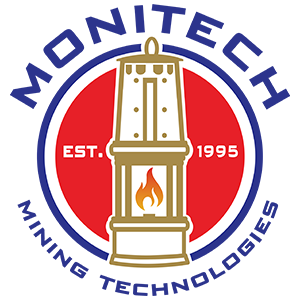

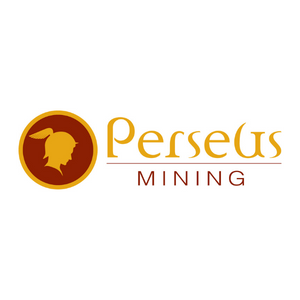


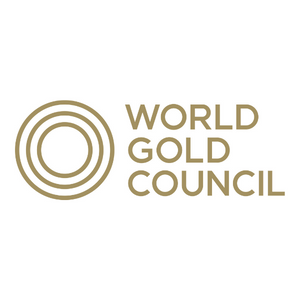
_logo.png?ext=.png)

_mi25-weblogo.png?ext=.png)

